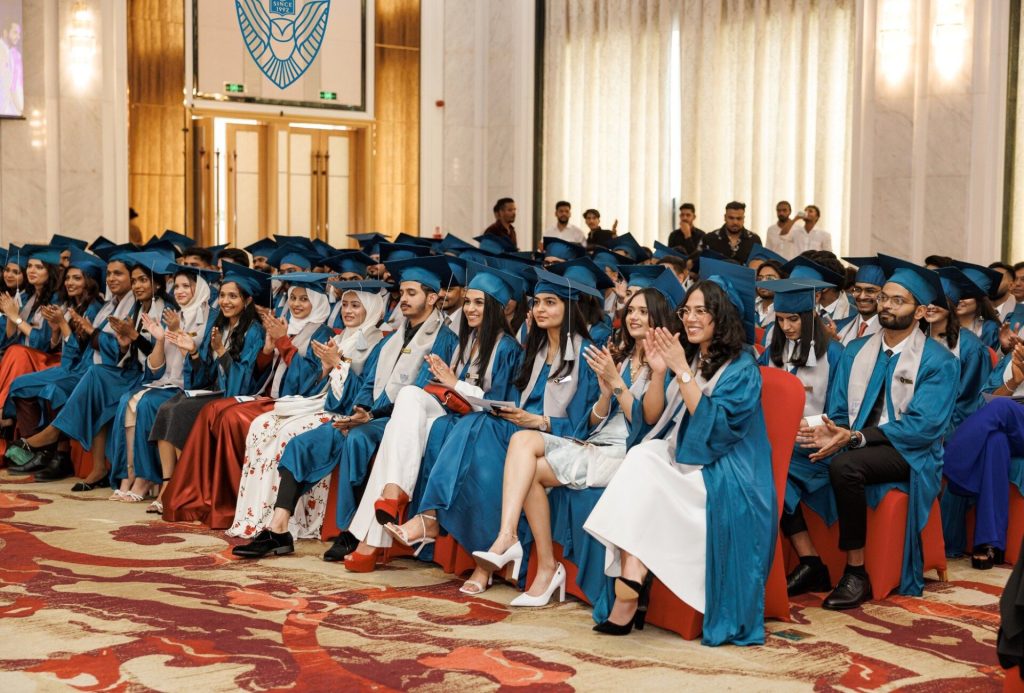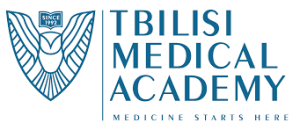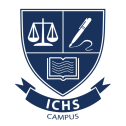Tbilisi Medical Academy – Georgia
A Premier Medical University in Georgia with Global Recognition
Tbilisi Medical Academy (TMA) is one of Georgia’s respected and rapidly growing medical universities, located in the heart of Tbilisi, the capital city. Founded in 1992, TMA has over three decades of experience in delivering high-quality medical education with a focus on international standards, innovation, and student-centered learning. The academy has established itself as a trusted institution for aspiring medical professionals from around the world.
TMA is officially recognized by major global bodies including the World Health Organization (WHO), the World Directory of Medical Schools (WDOMS), and the Educational Commission for Foreign Medical Graduates (ECFMG-USA). It is also listed by the National Medical Commission (NMC) of India, making its graduates eligible for licensing and further medical practice in numerous countries. With partnerships across Europe, Asia, and the United States, TMA offers its students valuable opportunities for global exposure, clinical mobility, and academic exchange.
Key Highlights of the MBBS Program at TMA:
- Over 30 years of expertise in medical education
- Recognized by WHO, WDOMS, ECFMG (USA), and NMC (India)
- 100% English-medium instruction
- Strong clinical exposure from early years
- Modern simulation labs and student-focused learning
- Preparation support for USMLE, FMGE, PLAB, etc.
- Affordable tuition and low living expenses in Georgia
- Multinational student community with strong international support services

Awarding Body

- Duration : 6 Year
- Fees :
International Recognition and Global Opportunities
Why Choose TMA for Medicine?
Facilities and Campus Life
Graduates of the TMA MBBS (MD) program are eligible to sit for international licensing exams such as:
- ERPM (Sri Lanka)
- FMGE (India)
- PLAB (UK)
- USMLE (USA)
- MCCQE (Canada)
- AMC (Australia)
The program is:
- Educational Commission for Foreign Medical Graduates (ECFMG – USA) – Graduates are eligible to take the USMLE and pursue residencies in the USA
- Listed in the World Directory of Medical Schools (WDOMS)
- Accepted by medical councils in multiple countries
- Compliant with Bologna Process and European Higher Education Standards
- Internationally recognized MBBS/MD degree
- Foundation for Advancement of International Medical Education and Research (FAIMER) – Ensuring the global credibility of the curriculum
- Recognized by World Health Organization (WHO)
- Strong emphasis on clinical skills and early patient contact
- English-medium instruction throughout the program
- Affordable tuition fees and low living costs in Georgia
- Training in top government and private hospitals
- Highly qualified faculty with international experience
- Support for licensing exams like USMLE, PLAB, and FMGE
- Diverse student community and global exposure opportunities
TMA offers a welcoming and resource-rich environment for its students:
- Fully equipped anatomy and pathology labs for hands-on experience
- Digital library access and research facilities
- Hostel accommodations with nearby amenities
- Cultural events, sports activities, and student clubs foster a welcoming and inclusive environment
- Student support services including academic advising, visa help, and language assistance
- Students receive clinical exposure in affiliated hospitals and clinics across Tbilisi
- Opportunities to participate in international exchange programs and student research
Located in Tbilisi, a modern, safe, and affordable European capital, students enjoy a rich cultural experience and excellent public infrastructure.
Programme Structure
The MBBS program at Tbilisi Medical Academy is a 6-year, English-medium MD program, equivalent to the MBBS degree in India and many other countries. The program is structured to blend academic knowledge with early clinical experience, preparing students for the challenges of modern medical practice.
Program Structure:
Years 1–2: Pre-Clinical Phase
Students build a strong foundation in medical sciences such as:
- Anatomy
- Physiology
- Biochemistry
- Histology
- Medical Genetics
- Ethics and Behavioral Sciences
Students also engage in skills lab training and introductory clinical sessions to develop early medical competencies.
Years 3–5: Clinical Phase
Students begin hands-on training in affiliated hospitals, covering key specialties like:
- Internal Medicine
- Surgery
- Obstetrics & Gynecology
- Pediatrics
- Psychiatry
- Neurology
- ENT, Ophthalmology, and Public Health
Clinical rotations are supervised by experienced medical professionals in real hospital settings.
Year 6: Internship/Clinical Rotations
The final year focuses on intensive clinical practice across all core departments, helping students develop the professional readiness needed for practice and licensing exams.
